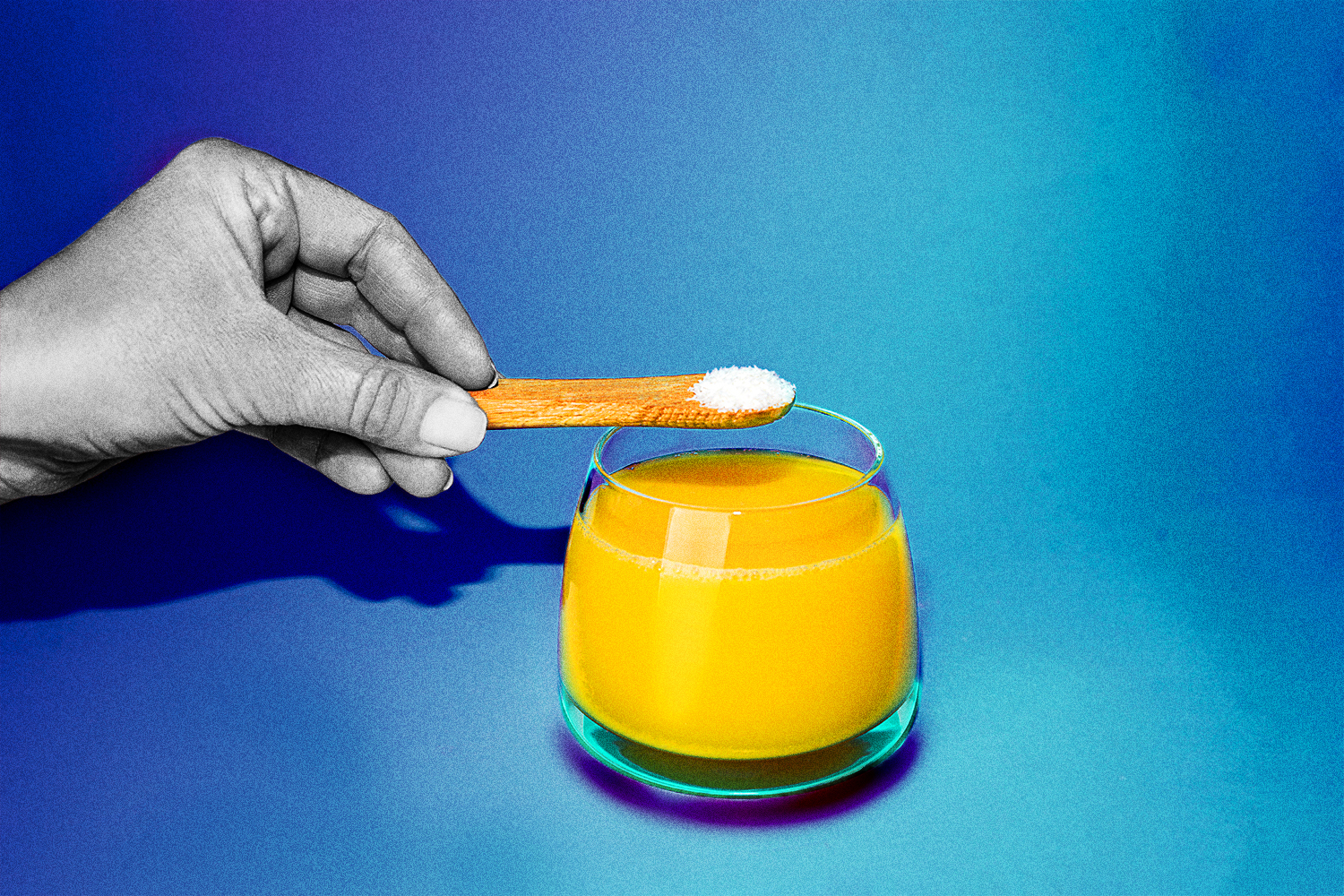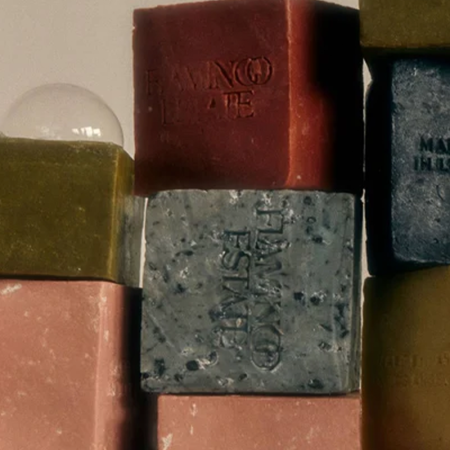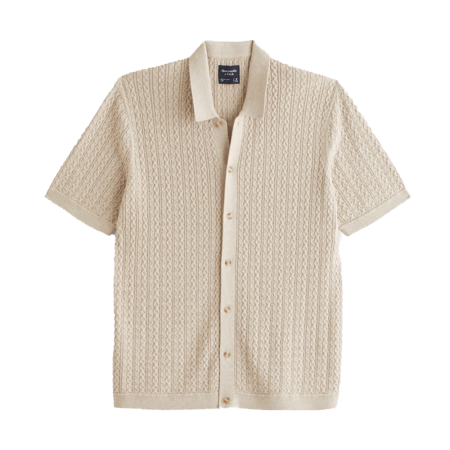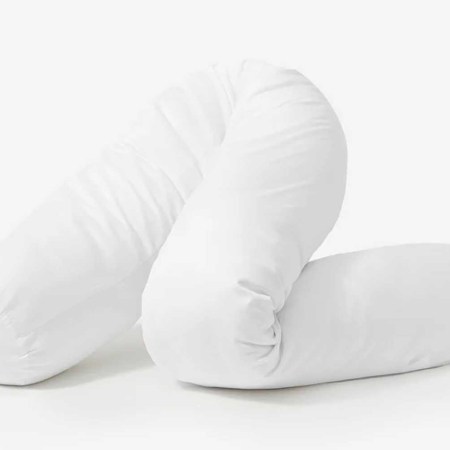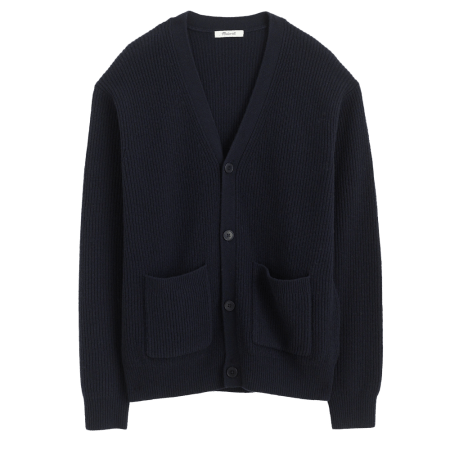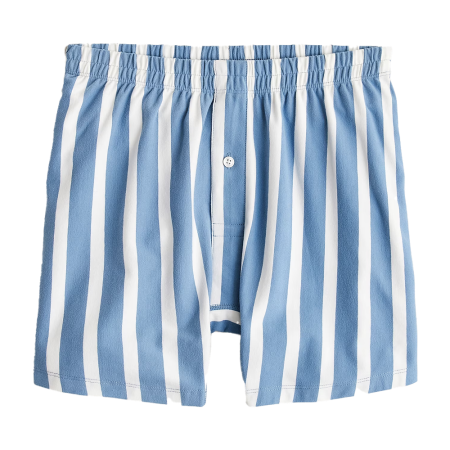Skincare TikTok, aka #SkinTok, has been persuading me to incorporate a topical retinol into my skincare routine for months now, and finally succeeded.
Dermatologists and people with enviable, vibrant-looking skin have long been boasting about the benefits of vitamin A derivative retinoids, particularly the one most commonly known as retinol, for its anti-aging properties and ability to clear up acne and acne scars. But among the myriad positive reviews and recommendations (most by certified doctors), some users remain unconvinced, noting the vitamin A derivative has caused their skin to peel and burn. Which is true: retinoids can cause irritable side effects if they’re not applied correctly. If they are, though, they’re the gold standard when it comes to fighting acne and wrinkles.
To figure out what, exactly, “correct application” looks like, we dialed up Dr. Muneeb Shah, a dermatologist based in North Carolina who makes educational skincare videos on TikTok, where he’s known to his 18.1 million followers as the @dermdoctor. Below, he shares some notes on why incorporating topical retinol into your routine can benefit your skin, as well as how to use it safely and successfully.
First, what’s the difference between retinol and retinoid?
Skincare products are confusing. For one, there are, like, a bazillion of them. Second, many have similar-sounding names that make it even harder to remember what exactly you’re applying to your face. Retinol and retinoid are sometimes used interchangeably, and that’s not technically incorrect, but it can get confusing.
Essentially, retinoid makes up an entire body of compounds derived from vitamin A. Most retinoids require a prescription due to their potency, but retinol is a type of retinoid you can purchase over-the-counter as a cream, gel, serum or moisturizer, since they’re a weaker form of vitamin A — but still the strongest OTC retinoid you can buy.
The benefits
Retinol was initially developed for acne, and then later was found to have anti-aging benefits, explains Shah. “For acne, anti-aging, hyperpigmentation, skin texture, skin tone, it does incredible things. It’s probably the best ingredient for that,” he says. “I think it deserves all the hype that it gets.”
Retinol works by going deep beneath the outer layer of the skin to the dermis, where it boosts collagen production (collagen, we know, is what gives our skin its youthful elasticity). We also know that beginning in our twenties, we start to lose about 1% of our collagen each year, which leads to less radiant and plump skin. As we age, we actually break down collagen faster than we can replace it, which makes the collagen-boosting retinol a pretty damn good defender against fine lines, wrinkles and enlarged pores. But as Shah notes above, a topical retinol can also improve the skin’s texture and tone, even out pigmentation and keep pores unclogged, which prevents acne from forming.
“I recommend it for anybody that’s struggling with any of those skin conditions,” says Shah.
And despite the myth that retinol isn’t suited for teens and young people, it’s a product that can be used by any age. “In your teens, you can start using retinol for acne. In your mid to early twenties, you can use it for acne scars, and in your mid to late twenties, you can start using it for anti-aging. It’s going to do all of those things.”
How to properly apply
“The issues with retinol is that it’s not always really well tolerated by people because it can irritate the skin as part of the process of speeding up the skin cell turnover. So people will notice flakiness and redness when they first start it,” explains Shah, who recommends taking your relationship with retinol slowly in the beginning.
“I always recommend easing into it, starting every other day or every third day and then gradually increasing it until you’re using it every night.” Apply just a pea-sized amount, since using too much product can cause some unseemly side effects like peeling and dryness. If you do experience dry or lightly peeling skin, don’t be alarmed. While annoying, it’s a normal part of the skin rectifying process.
Of course, if you’re concerned about how a retinol product may react to your skin or you’re noticing serious issues with the one you’re using, consult a dermatologist before you dive in.
How it fits into your skincare routine
Depending on how complex your skincare routine is depends on when and what retinol you use, but Shah recommends implementing a retinol in your nighttime routine.
If you have a simple routine, all you need to do is apply your cleanser then retinol and moisturizer before bed.
“Now, if you’re using other things in your routine like a hyaluronic acid serum, it really depends on which is the thinner ingredient. So if you have a really thin liquid-y hyaluronic acid, you apply that first and then you apply your retinol cream over the top of it. But if your retinol is more of a liquid and your moisturizer is thicker, it really just sort of depends. We apply skincare products from thinnest to thickest, so it depends on the texture of the product that you’re using,” he explains.
So which one should you buy?
As we’ve previously discussed, you don’t need to spend a lot of money on fancy skincare products to get your desired results. Personally, after TikTok made me do it, I bought CeraVe’s Resurfacing Retinol Serum, which I find to be a super easy, lightweight product that so far hasn’t caused any flaking or irritation.
“I would say the CeraVe Resurfacing Retinol is a really good starter retinol for a lot of people,” says Shah. “Another good option would be the Neutrogena Rapid Wrinkle Repair. I like the one that’s fragrance-free.”
For those on a tighter budget, Shah recommends The INKY List’s Retinol Anti-Aging Serum, which is only $10. “And then for someone with acne, I like Differin Gel, which has adapalene in it,” he says. “It’s a really powerful retinoid for acne.”
The Charge will help you move better, think clearer and stay in the game longer. Subscribe to our wellness newsletter today.


